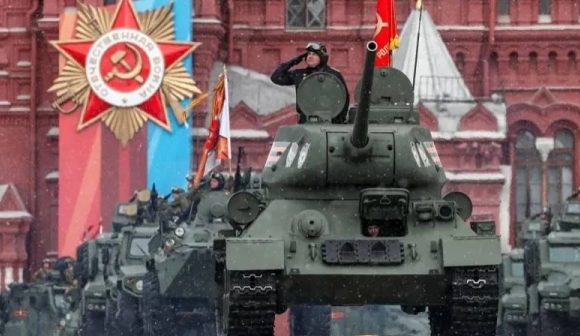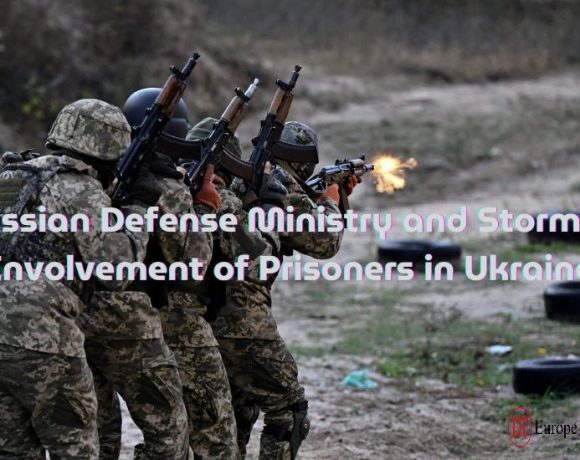
The annual Red Square military parade had a different feel this time, not just because of the spring snowstorm. While 9,000 people marched across the square, the numbers were lower compared to previous years before Russia’s invasion of Ukraine. There was less military hardware on display, with only one T-34 tank present.
References to Russia’s war in Ukraine were abundant, with soldiers who had been fighting there participating in the parade. President Putin emphasized this in his address, highlighting the ongoing “Special Military Operation” in Ukraine and praising the frontline soldiers as heroes.
Recent tensions with Western nations, including accusations from Russia and warnings from President Putin, added to the atmosphere. Putin issued a warning to the West, accompanied by nuclear sabre-rattling, stating Russia’s readiness to defend itself.
Victory Day in Russia has become a significant holiday, commemorating the Soviet defeat of Nazi Germany and the immense human cost of that victory. However, it’s also used to justify present actions, framing the war in Ukraine as a continuation of World War Two against enemies like Ukraine and the West.
The normalization of war in Russia is evident, as reflected in the unveiling of a war memorial outside Moscow, dedicated to soldiers who died in various conflicts, including Afghanistan, Chechnya, and Ukraine. An official’s speech at the unveiling conveyed the message that wars are part of human nature, marking a shift from the previous sentiment of “No more war” that was prevalent in post-World War Two Russia.
Picture Courtesy: Google/images are subject to copyright

